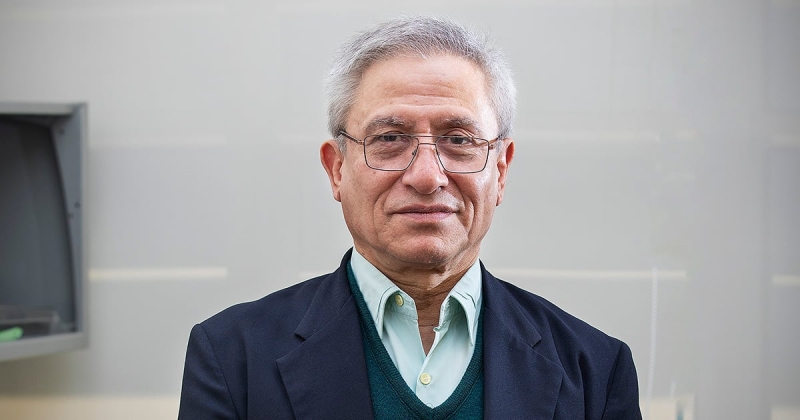- Power generation at Payra Thermal Power Plant 1st unit starts after a month |
- Irregularities, injustice will no longer be accepted in politics: Jamaat Ameer |
- 2 arrested in Jhenaidah for allegedly selling madrasa student |
- Koko’s wife campaigns for Tarique in Dhaka-17 |
- Bangladeshi Expats Cast 4.58 Lakh Postal Votes |
Dr. Zahid Highlights BD's LDC Graduation, Economic Challenges

Former lead economist of the World Bank Bangladesh Office Dr. Zahid Hussain. File Photo
Dr. Zahid Hussain, former lead economist at the World Bank Bangladesh Office, has emphasized that Bangladesh cannot unilaterally delay its graduation from the Least Developed Countries (LDC) category. The United Nations Committee for Development Policy (UN-CDP) recommended the country’s graduation in 2021, and while this recommendation is not legally binding, it is generally seen as largely mandatory, as the UN General Assembly typically follows the CDP’s advice.
In an interview with a national news agency, Dr. Hussain highlighted that several countries have been granted extended preparatory periods following setbacks during their graduation process, with Bangladesh already benefiting from a two-year extension. Addressing concerns from the business community about the planned graduation in 2026, he reassured that once a country qualifies for graduation, the responsibility lies with it to ensure a smooth transition, including addressing business concerns.
Dr. Hussain pointed out that there is little scope for further deferring Bangladesh's graduation by altering statistics on per capita income, human development, or vulnerability indices. He stressed that Bangladesh is the first country to meet all three criteria for LDC graduation, and the focus should now be on tackling challenges related to competitiveness.
In a positive development, the World Trade Organization (WTO) recently decided to extend LDC trade benefits for graduating countries for an additional three years. Similarly, the European Union (EU) will continue offering trade benefits to Bangladesh until 2029, and countries like Canada, the UK, and Australia will also extend LDC trade privileges post-graduation.
Dr. Hussain also addressed fears of a "middle-income trap," warning that political stability and structural reforms are crucial for avoiding this. He identified export diversification, investment, and skill development as key areas for progress. The economist emphasized that Bangladesh has a unique opportunity to attract multinational companies looking to relocate from China, with countries like Vietnam and Indonesia emerging as alternatives.
However, he cautioned that Bangladesh is not yet fully prepared in terms of investment climate, citing challenges such as visa complexities, readiness of economic zones, and regulatory hurdles. He suggested that if Bangladesh can streamline these areas, a surge in foreign direct investment (FDI) could significantly boost its economy.
Dr. Hussain praised the government's focus on developing five well-equipped economic zones instead of a larger, more ambitious plan. He believes this targeted approach could create a more favorable environment for investors.
Additionally, Dr. Hussain acknowledged the concerns of the business community regarding the financial sector and inconsistent utility supplies, particularly gas and electricity. He noted that the government’s difficulties in maintaining a sustainable LNG supply while selling below the purchasing price remain a significant issue.
Looking ahead, Dr. Hussain anticipates clearer guidance from the central bank in the upcoming Monetary Policy Statement (MPS) and the FY26 budget, which should provide more clarity on the country’s economic direction.
While acknowledging the government’s recognition of the need for economic reforms, he emphasized that translating this awareness into action remains a challenge, requiring initiative from the administration and relevant ministries.

